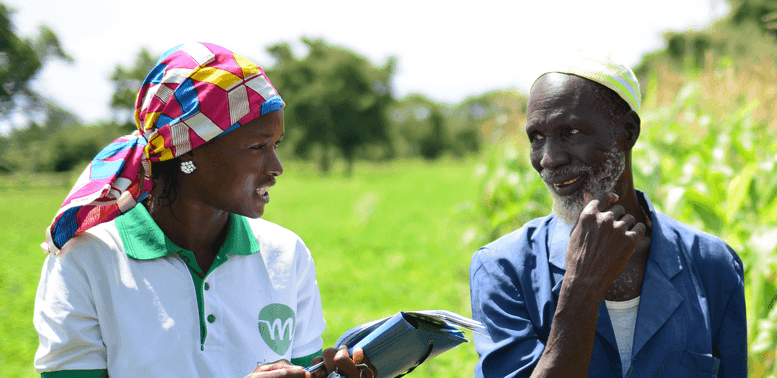How Anushka is Using myAgro to Help Farmers to Invest Little and Earn Plenty In West Africa


myAgro, an award-winning non-profit social enterprise based in West Africa, Mali that helps farmers save little by little and invest in high-quality seed, fertilizer, and agricultural training to increase their harvest and income by 50-100%. This initiative aims to help one million farmers to increase their incomes by $1.50 per day by 2025 and relief themselves from poverty.
Anushka Ratnayake is the Founder and CEO of myAgro. She bagged her BA in Literature from University of California, Santa Cruz and her agricultural training from smallholder farmers in Bungoma, Kenya. Anushka is a 2011 – 2013 Rainer Arnhold Fellow, a 2012 Echoing Green Fellow and a 2013 DRK Foundation Social Entrepreneurship Fellow.
She has worked in rural Africa since mid-2008, helping to increase food security and market access for small-scale farmers. she developed key components of One Acre Fund’s core operation model, created management-training programs and travelled across Africa and South Asia in search of innovations in the microfinance and agricultural sectors before starting myAgro. She has also worked with Kiva.org where she created the Kiva Fellows Program.

After a couple of long stretches of purchasing the scratch cards and saving little by little much, myAgro delivers the manure, seed, and training they’ve paid for in time for planting time. Through this bank-less savings scheme, normal harvests for myAgro farmer increase from half – 100% over conventional farms, and net farming income increases $150-$300 per farmer.
myAgro Long Term Goal
In the long-term, myAgro envisions its model for change spurring structural shifts in two arenas: how governments and multilaterals fund the agricultural sector, and how the financial inclusion sector provides services to smallholder farmers. When myAgro can demonstrate the power of mobile layaway to serve farmers and the bottom of the pyramid, there will be a major disruption in traditional antipoverty strategies for the sector at large. When financing is self-directed from smallholder farmers themselves, it is, by definition, sustainable. The market will react to this unlocked capital by providing better and more useful services or products.
You May Be Interested In:
- Nigeria Woos Foreign Investors To Bridge Tomato Production Gap
- Amazing Facts About Soya Bean You Need To Know
- Father Godfrey Nzamujo – The Man Behind Songhai Centre
Never miss a thing! Follow us now on our social media platforms now
Instagram | Twitter





